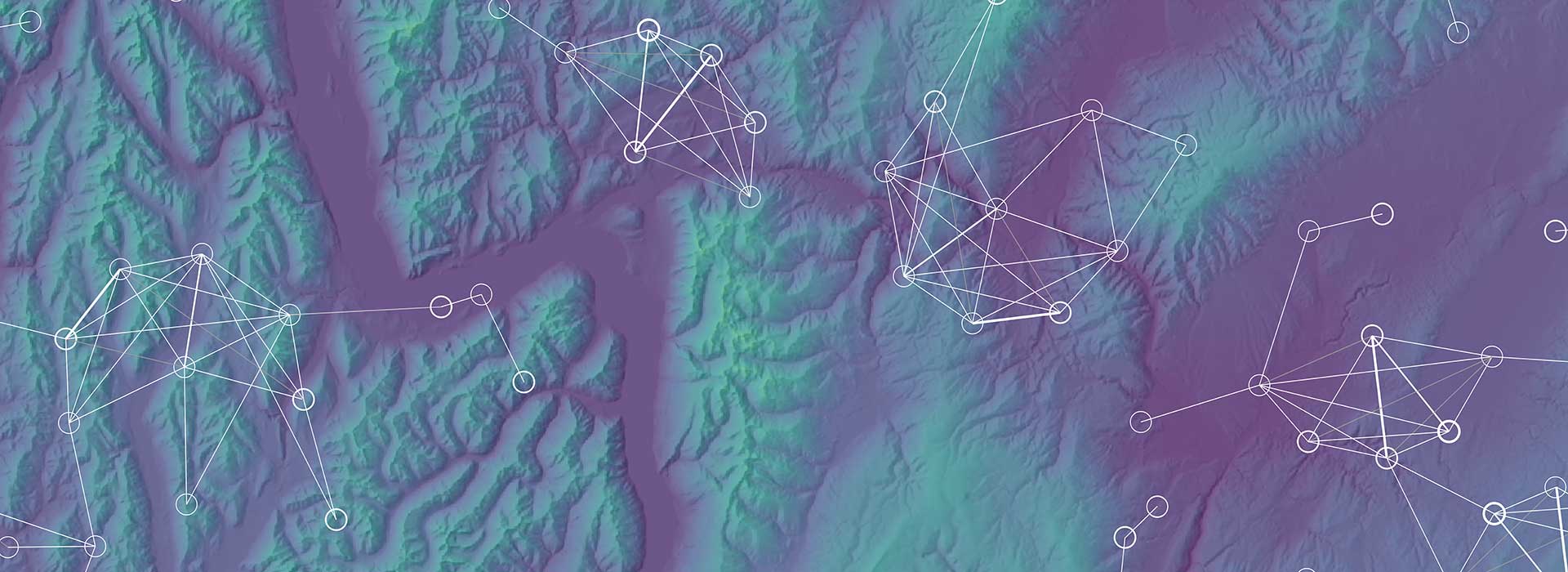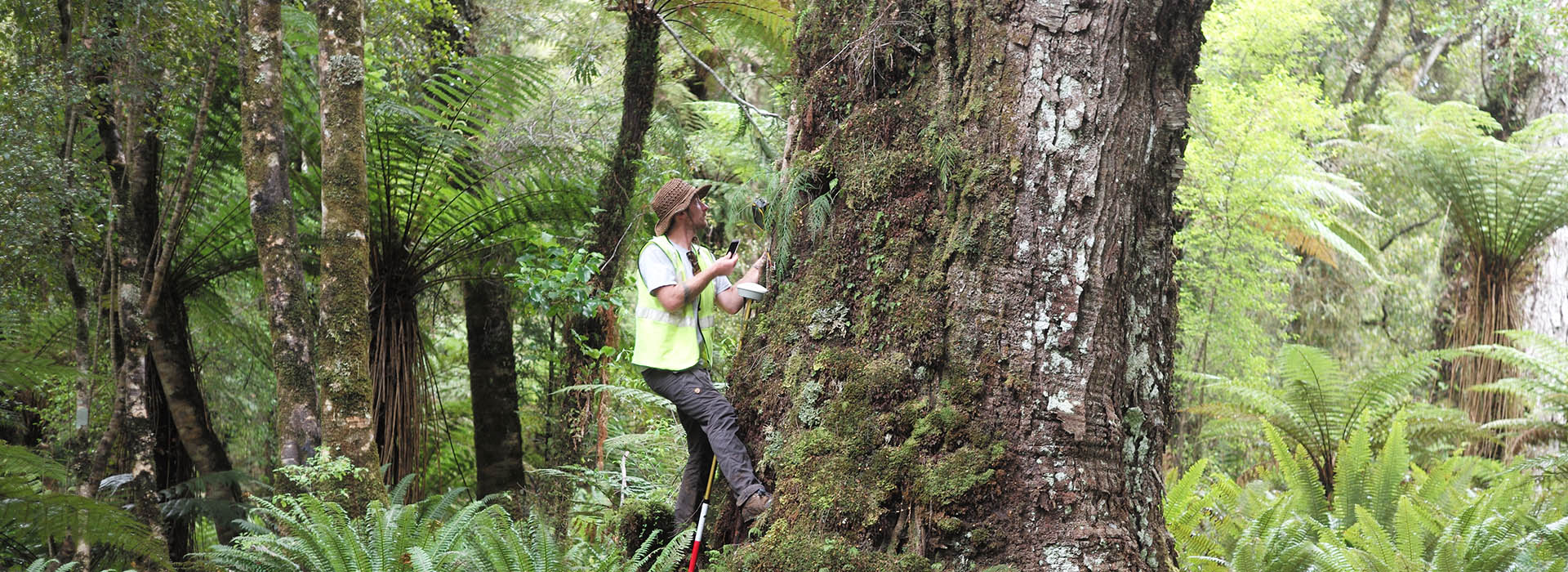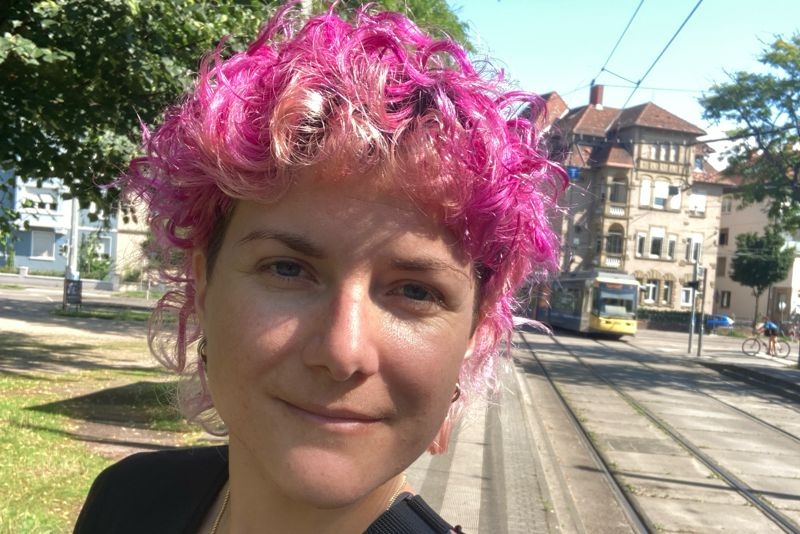
The Institute warmly welcomes Franziska Meinherz and her team! The new working group will strengthen human geography and research mobility in the city and surrounding areas. The focus will be on the challenges of mobility transition and how these are linked to social and spatial structures.
Websites of the working group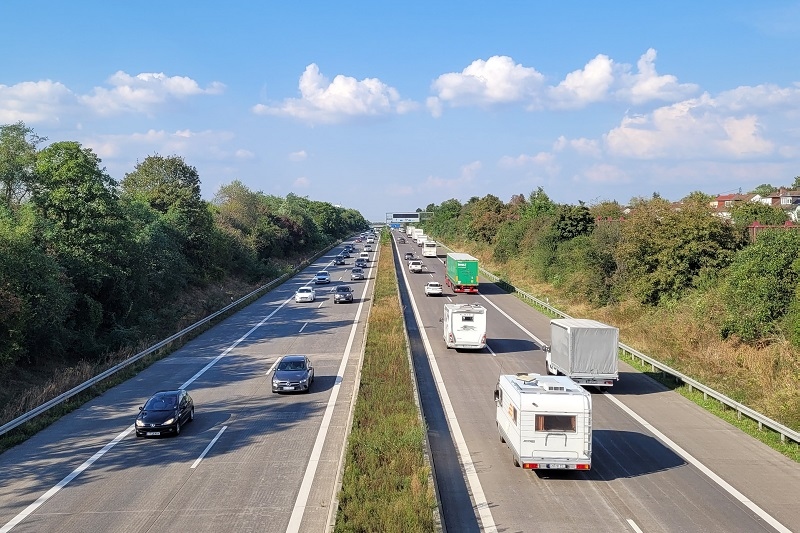
Caroline Kramer and two authors in a discussion on SWR 2 Kultur-Forum on the subject of car mobility in general and highways in particular. The positions of a passionate car driver, a convinced opponent of highways and a mobility researcher become clear - an intensive exchange.
To the broadcast (In German)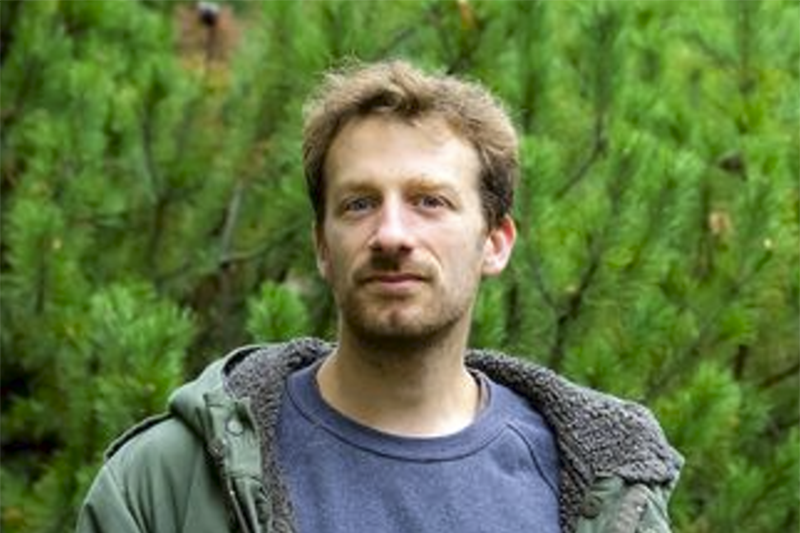
Teja Kattenborn, who finished his dissertation with S. Schmidtlein in 2018 and was a postdoc at the IFGG until 2020, has been appointed to the University of Freiburg, where he holds the professorship for sensor-based geoinformatics.
Homepage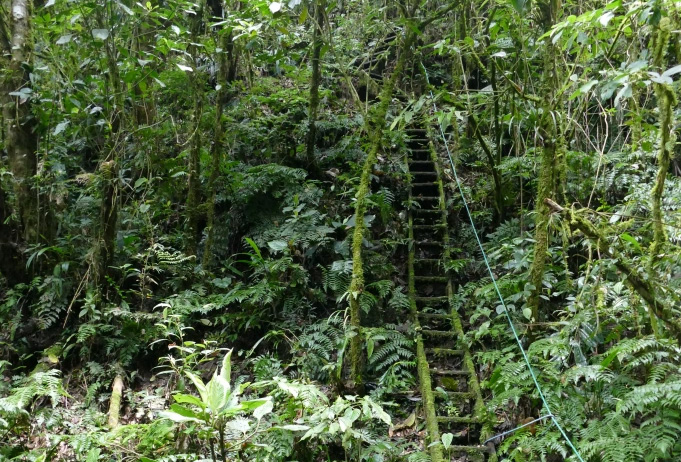
In the blog of Functional Ecology of the British Ecological Society, Kerstin Pierick of the University of Göttingen discusses in an interdisciplinary study with the participation of Andre Velescu and Wolfgang Wilcke of the IFGG the connections between tree species, nitrogen availability and soil properties in the tropical montane forest of Ecuador.
Blog contribution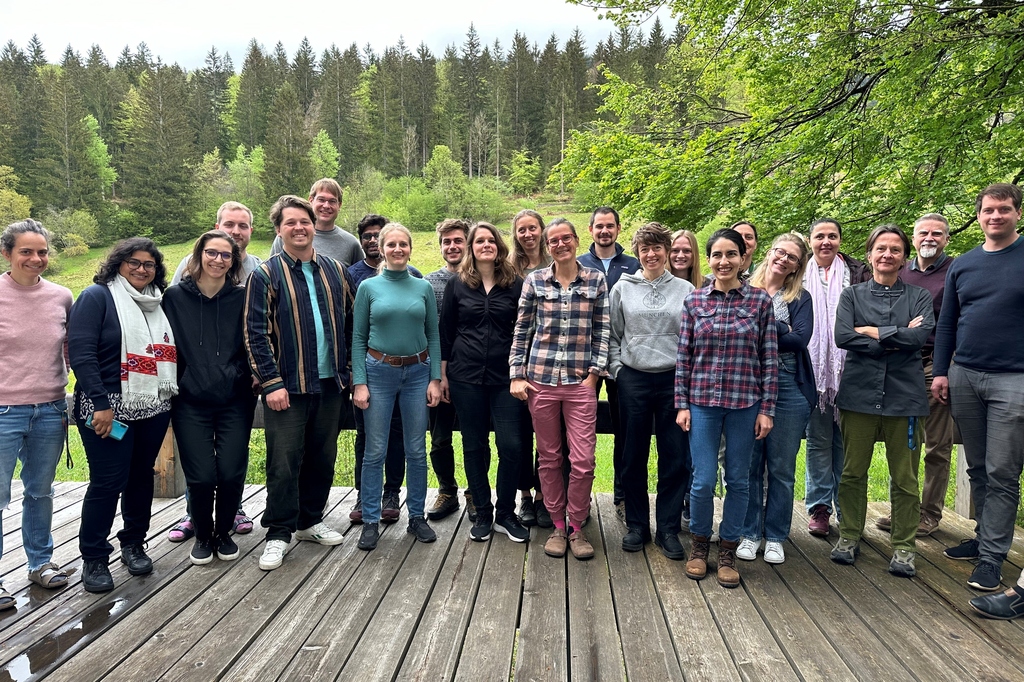
From 2 to 3 May 2024, the second joint symposium of IfGG and IMK-IFU took place in Garmisch-Partenkirchen at Campus Alpin. The event promoted networking among young researchers and also included guided tours of the research infrastructure.
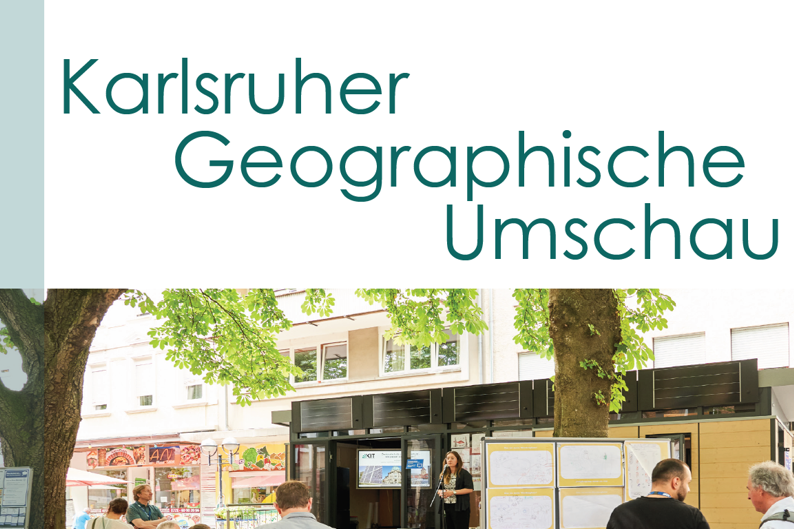
It doesn't always have to be a seminar paper, it can also be more professional. In our ‘Karlsruher Geographische Umschau’, we compile the contributions of a project seminar in a themed booklet that resembles the well-known journal ‘Geographische Rundschau’. We are pleased to present the current issues (in German):
- Heft 1/2024 „Temporalität des Wohnens und Arbeitens“
- Heft 2/2024 „Gemeinsam Stadt_Machen“
- Heft 1/2025 „Mittelzentren und Kultur“
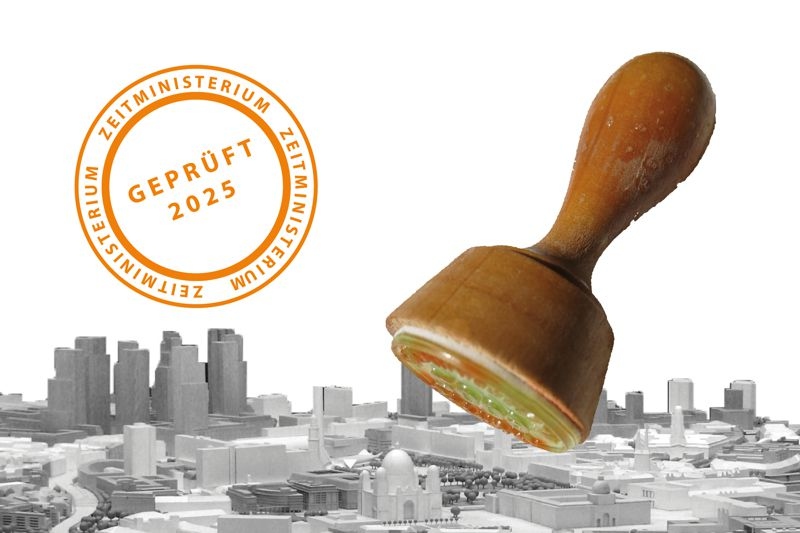
Wie Geld- sind auch Zeitbudgets extrem ungerecht verteilt, das ist die Kernbotschaft der Mobilitäts- und Bildungsforscherin Caroline Kramer im KIT-Interview. Für sie gehört zur nachhaltigen Stadt- und Verkehrsplanung, dass auch für Wenigerverdienende so etwas wie Zeitautonomie möglich wird
Zum Interview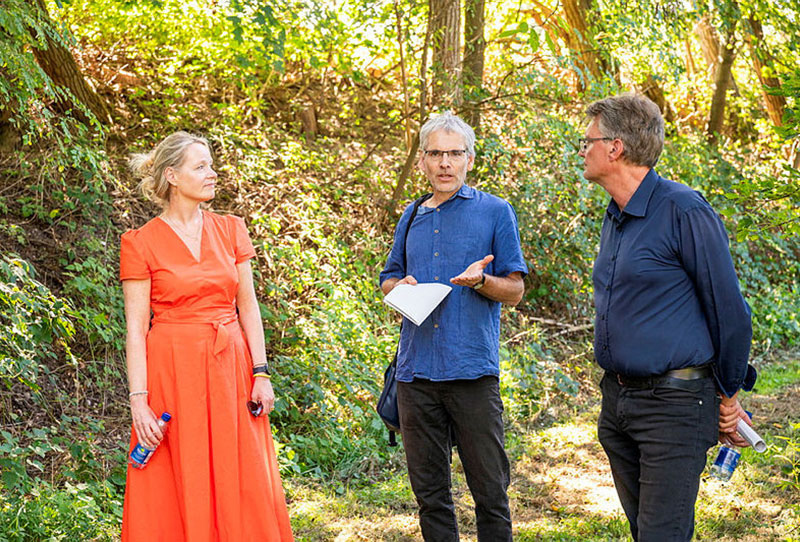
The Minister of the Environment Thekla Walker informed herself about a research project of the IfGG Aueninstitut in the Rastatter Bruch conservation area. Project manager Dr. Christian Damm presented the investigations on the water balance of the lowland moor endangered by desiccation and on options for the use of urban rainwater runoff for rewetting.
Link_more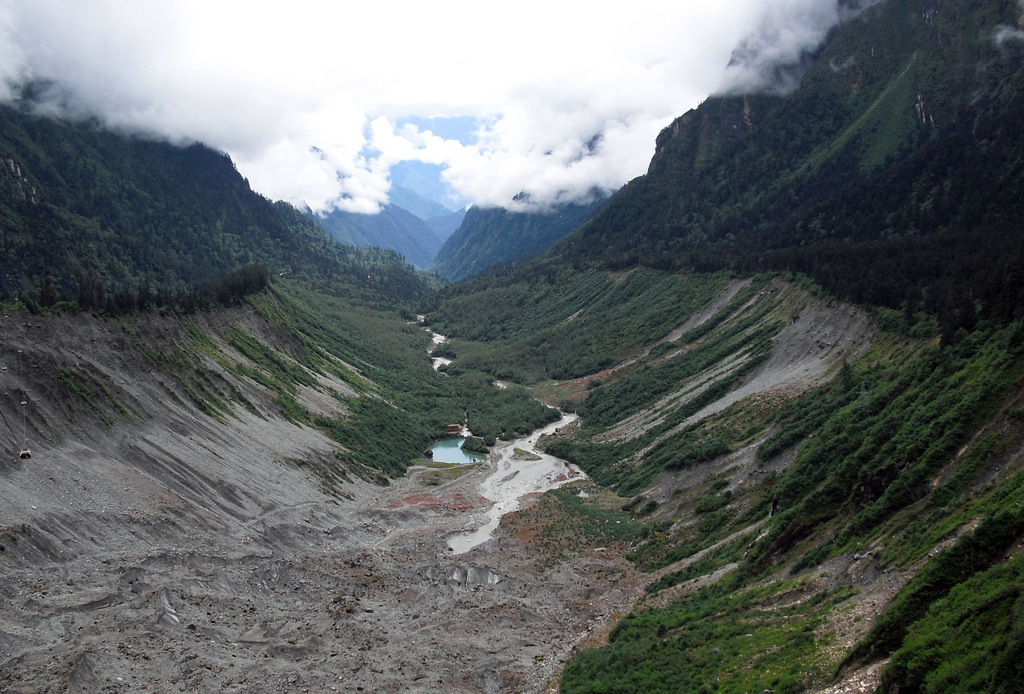
A blog of the Soil Science Society of America reports results of the study of Nuria Basdediós and Wolfgang Wilcke of the IFGG with Chinese partners about the role of mineral weathering for forest succession in a glacial retreat area in the Gongga Mountains.
More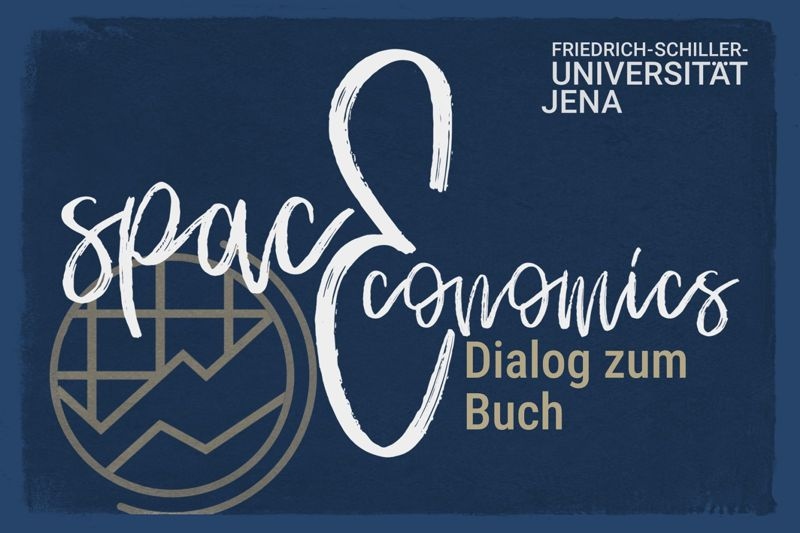
In this episode of the award-winning SpacEconomics Geography Podcast from the University of Jena, Kai Marquardt and Christoph Mager of the IFGG talk about the German music industry and its geographical networks of production.
Go to the podcast episode (in German)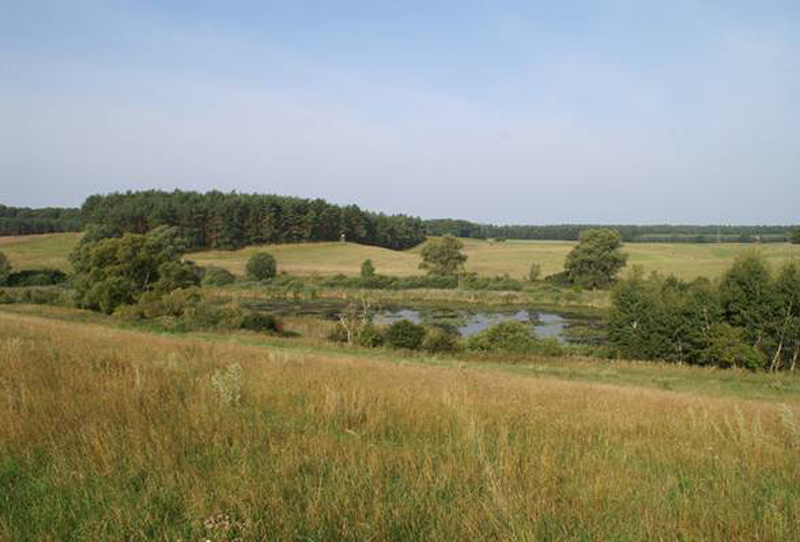
A new publication of the Biodiversity Exploratories (www.biodiversity-exploratories.de) including Sophia Leimer and Wolfgang Wilcke of the IFGG in the journal Nature Ecology & Evolution shows that a high surrounding biodiversity reduces the risk of local species loss and enables contributions of mobile species.
More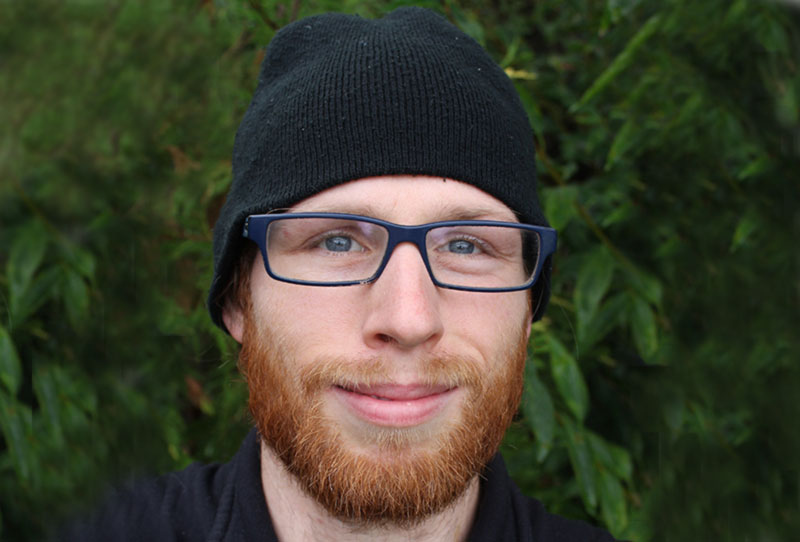
Christopher Schiller received the GBIF Young Researcher Award 2022 for his master's thesis in geoecology published in Nature Scientific Reports. He is the first German to receive the prize, which has been awarded since 2010. GBIF is the most important data infrastructure for biodiversity and at the same time a research network.
More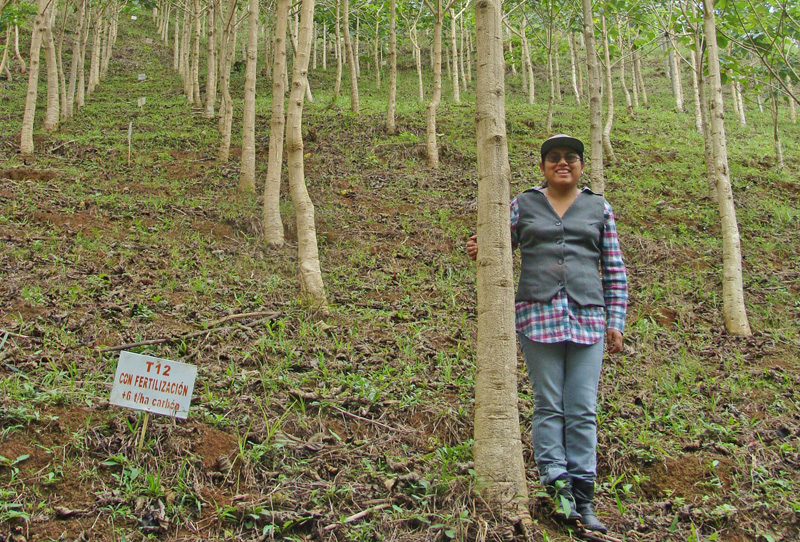
Esthela González from Ecuador has submitted her doctoral thesis about an afforestation experiment in Amazonia. Now, one of her original publications has been highlighted in the news of the Soil Science Society of America.
More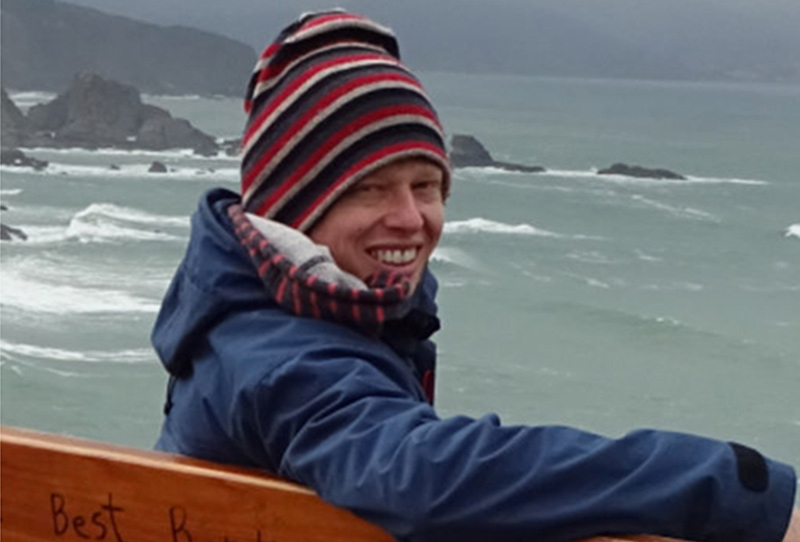
Fabian Faßnacht from the vegetation research group was appointed to the Freie Universität Berlin, where he holds the professorship for remote sensing and geoinformatics at the Institute of Geographical Sciences.
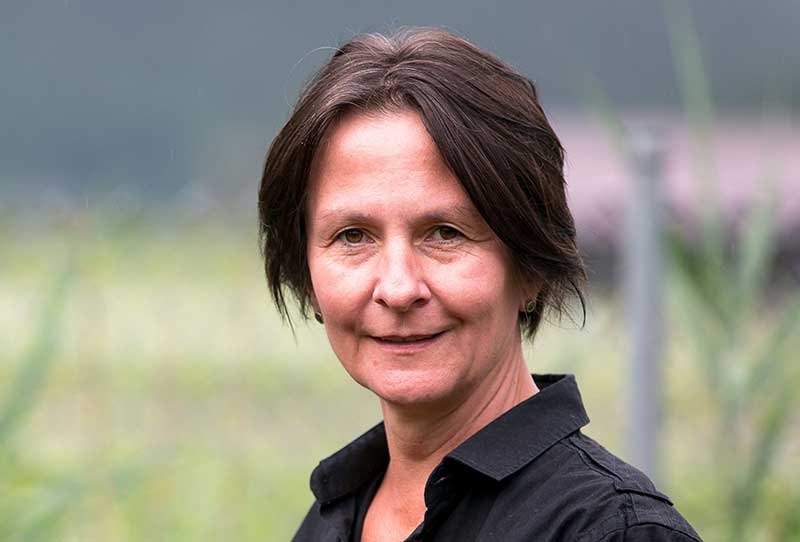
Almut Arneth receives Germany's most important research award, the Gottfried Wilhelm Leibniz Prize, for her research on ecosystems under the influence of global environmental change. A. Arneth heads the Department of Ecosystem-Atmosphere Interactions at Campus Alpin (IMK-IFU) and she is a professor at the Institute of Geography and Geoecology.
More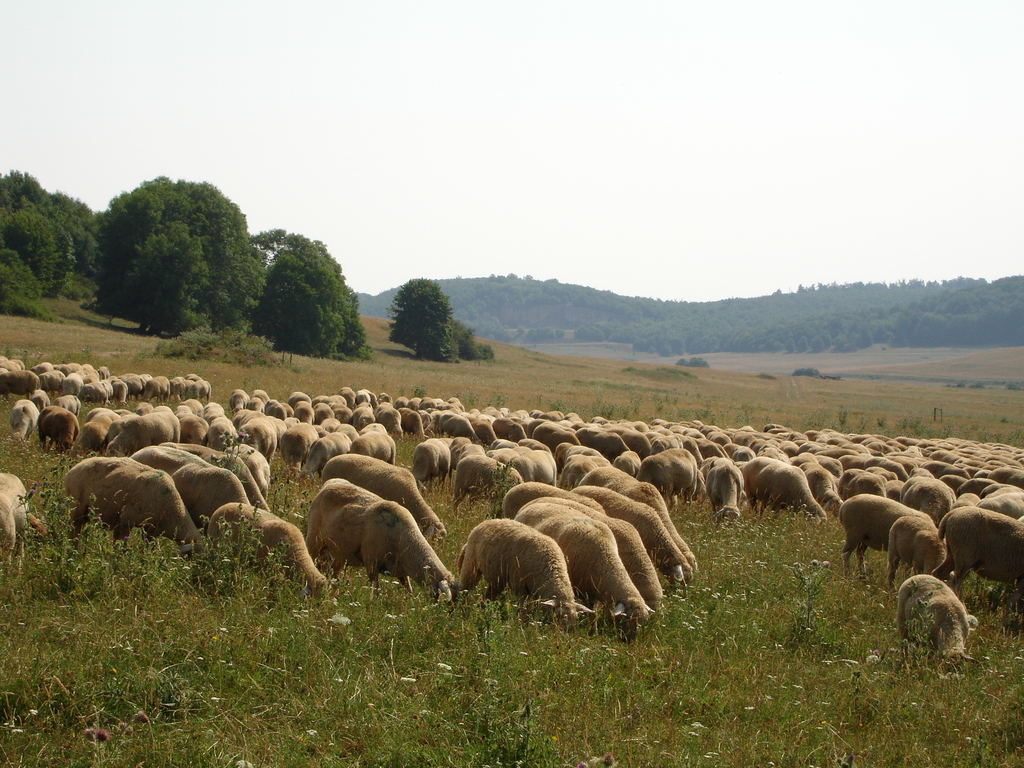
In a publication in the renowned journal Nature Communications Sophia Leimer and Wolfgang Wilcke from IFGG together with Yvonne Oelmann from the University of Tübingen and the consortia of two large German biodiversity experiments were able to show that in agricultural grassland ecosystems both the above- and belowground biodiversity contribute to optimally use the available phosphorus - an important plant nutrient element and a scarce ressource as mineral fertiliser.
More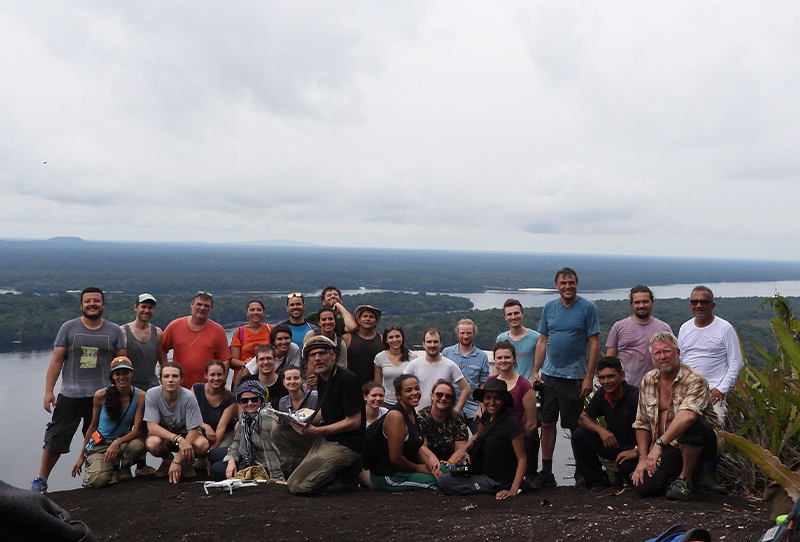
During a two-week excursion over 30 students from both the KIT (Germany) and INPA (Brazil) installed permanent forest inventories on the Rio Negro, a large tributary of the Amazon River. We subsequently merged resulting inventory data with historical hydrological data to model the flooding distribution of 111 tree species.
More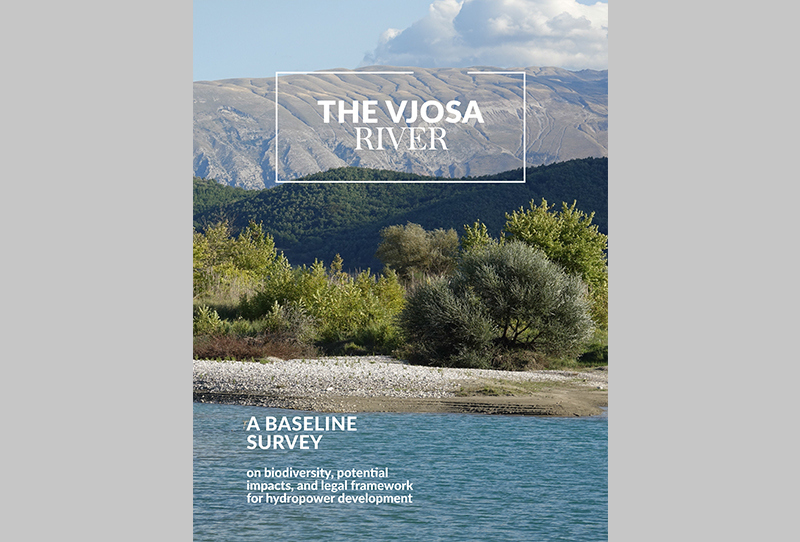
This baseline survey summarises the value of the Vjosa River system as one of the few remaining reference sites for dynamic floodplains in Europe on the one hand, and reveals the detrimental effects dams could have on the river system on the other: Only one dam will significantly destroy the ecological continuum of a pristine river.
More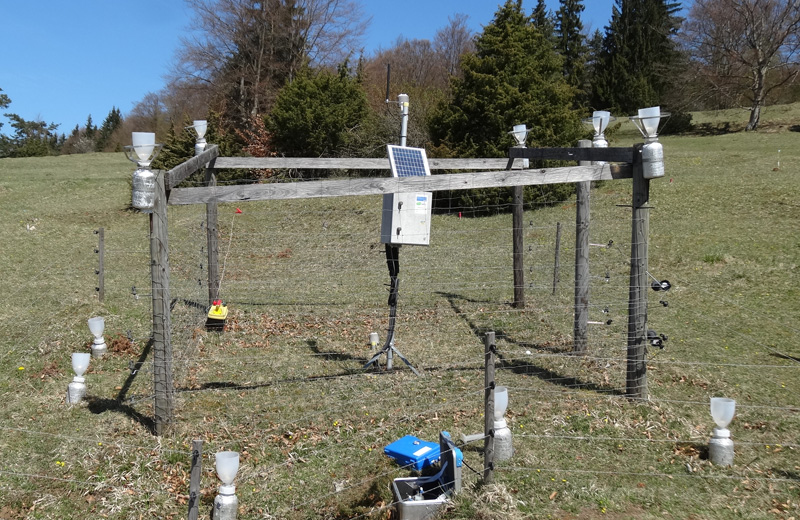
In a new publication in the renowned journal Proceedings of the National Academy of Sciences of the USA (PNAS), the consortium of the German Biodiversity Exploratories with the participation of Sophia Leimer and Wolfgang Wilcke of the IFGG show that increasing land-use intensity in grassland and forest changes the relationship between biodiversity, ecosystem functioning and the resulting ecosystem services, which are important for humans. With the proposed method which is based on network theory, a novel tool becomes available with which the entire complexity of the anthropogenically caused ecosystem changes can be recognized.
More